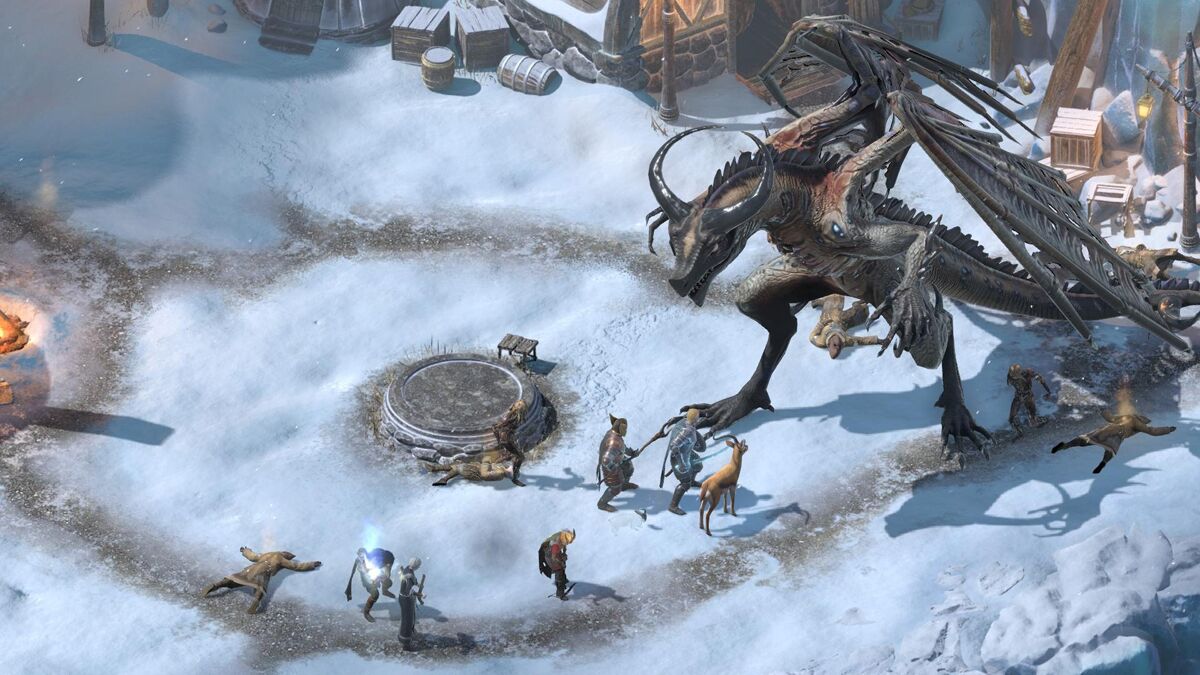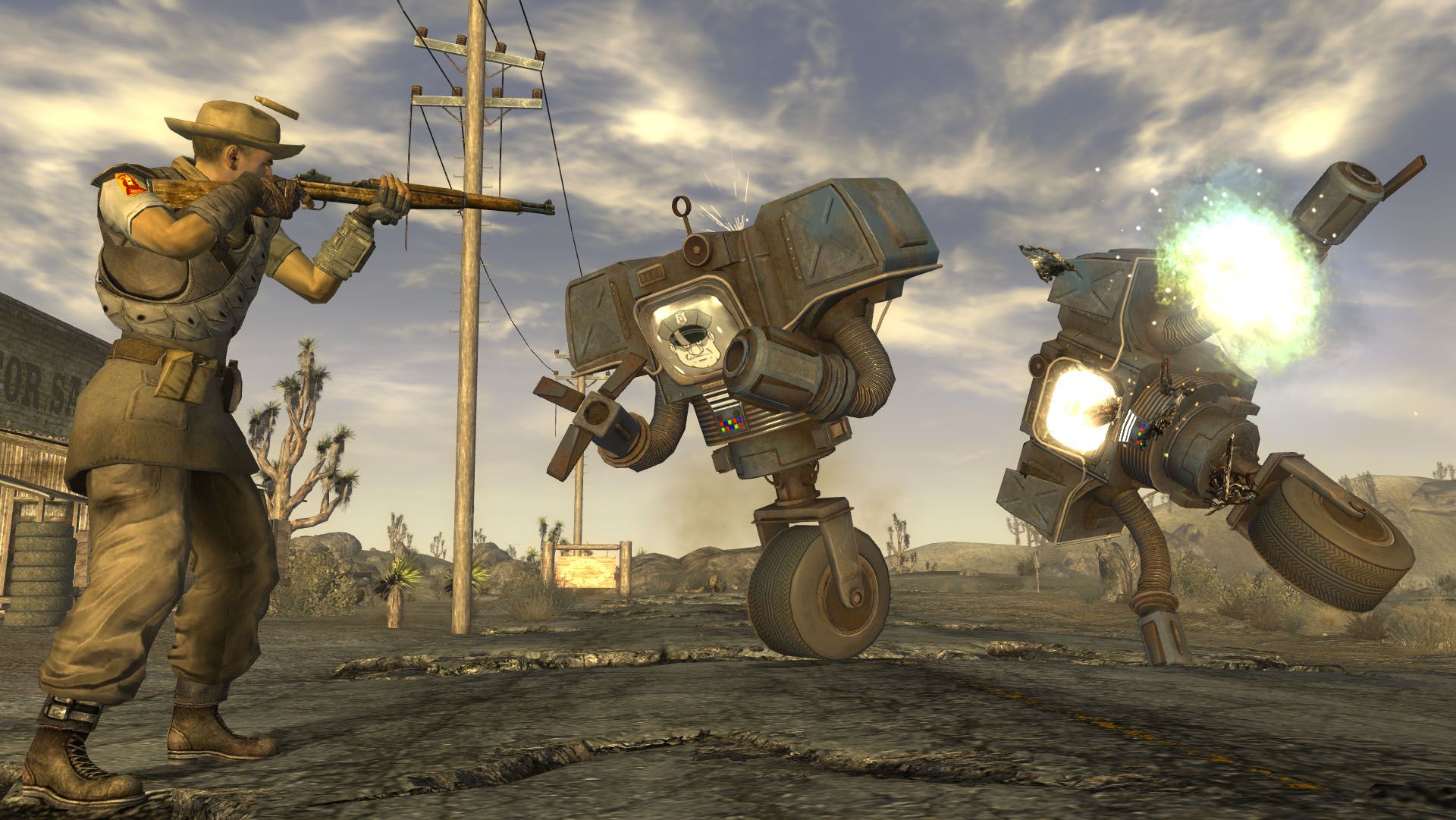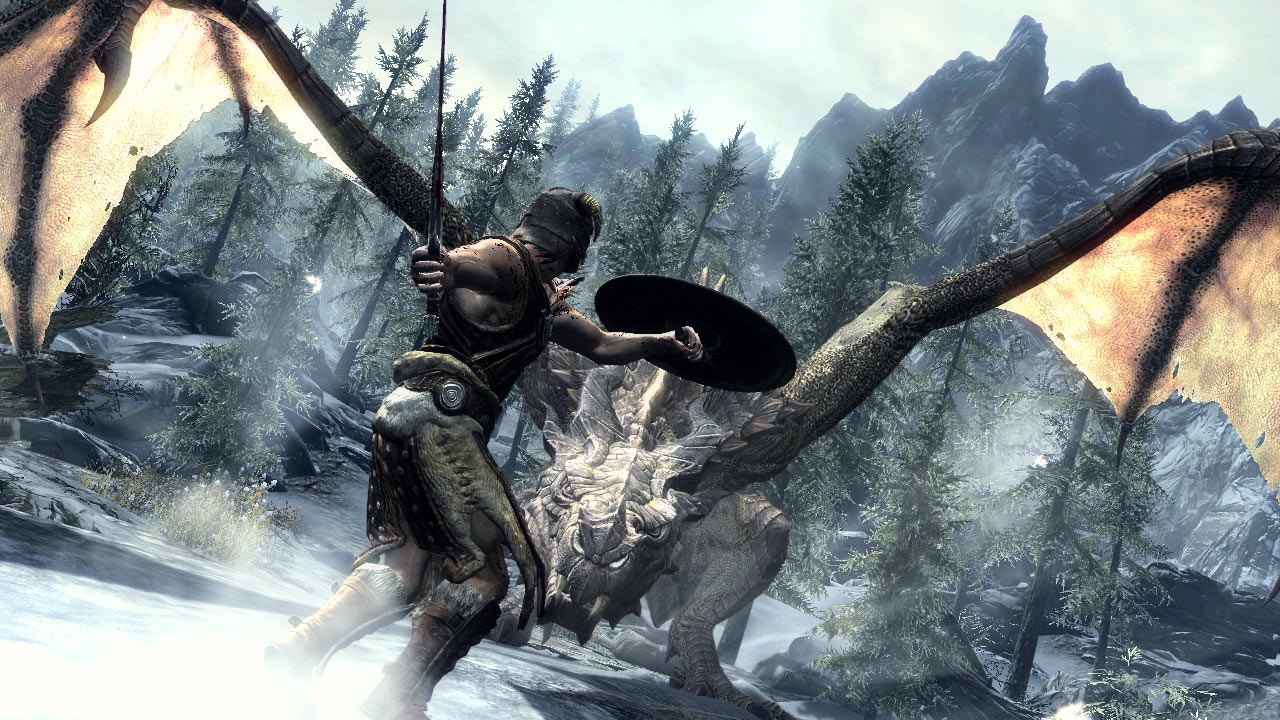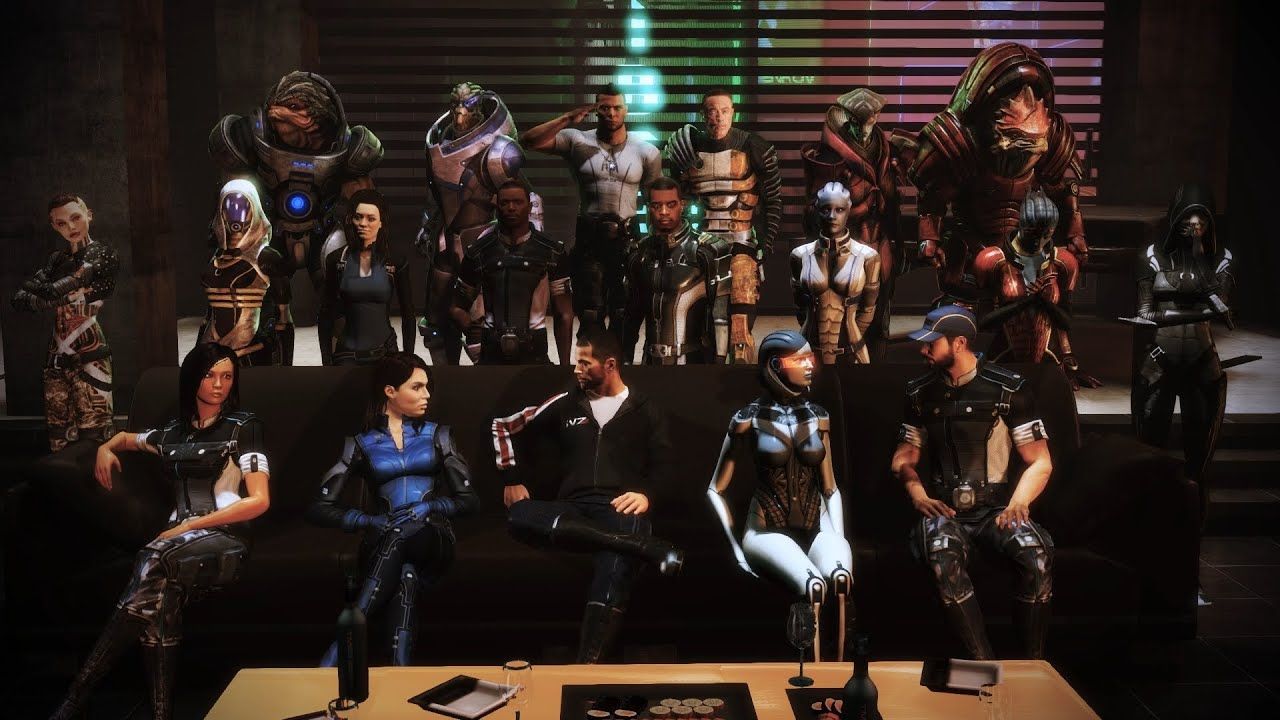In a 2019 interview with Retronauts, inXile Entertainment founder Brian Fargo recalled what Interplay hoped to accomplish in Tales Of The Unknown: Part 1, the seminal RPG more commonly referred to by its subtitle: The Bard’s Tale. “We were trying to set a mood and build a sense of being there… that there was a world… in our own primitive way,” Fargo said. “You started off in a bar; you got to walk around outside, you had to go down to the dungeons, so you felt like you were living in a world; you weren’t just thrust into a wireframe dungeon and that was it.”
Like many game developers of that era, Fargo got his start with Dungeons & Dragons, and transferring the flavour of those late-night sessions to games was his animating desire. In that same Retronauts interview, Fargo talked about how pioneers like Wizardry began as something to play on the nights when the D&D group couldn’t convene, then quickly became much more. “It had all the rules and all the trappings that made it great, but it didn’t have the same latitude… it was linear in fashion… but boy was it fun.” It didn’t take long for the ambitions of the nascent PC RPG genre to grow beyond simple dungeon dives. With barely 48 KB of RAM at their disposal, developers like Fargo, Michael Cranford, and Richard Garriott sought to build worlds that challenged our assumptions about what was possible in games, producing complex conversation and morality systems as early as 1985—the year that Nintendo released Super Mario Bros on the NES. These days, technology has caught up with the fevered imaginations of gaming’s early pioneers, but the genre continues to push boundaries in other ways. That is truer now than ever, with games like Disco Elysium, Yakuza: Like A Dragon, and a raft of high-quality indies all offering their own unique perspective on the role-playing experience. I would go as far as to say that if you want to understand modern gaming, you kind of have to understand RPGs. That’s why I’m here. Hello, my name is Kat Bailey, and I’m the former Editor in Chief of USgamer and the current host of Axe of the Blood God, a podcast devoted to appreciating RPGs in all their forms. Most people know me for my Japanese RPG coverage, but as someone who spent the better part of her adolescence playing games on a Pentium 200, I have a deep appreciation for where PC RPGs came from, and how they continue to influence so much of game design today. I’m introspective by nature, not to mention a bit of a history nerd, so when RPS asked me to produce this fortnightly column, my mind naturally turned to putting everything that’s happening with this wildly complex genre into context. Right now we’re in the middle of a renaissance for role-playing games, with fascinating games being released at every single level. What’s more, RPGs are big business. Probably the single largest piece of gaming news in 2020 was Microsoft’s surprise purchase of Bethesda for more than $7.5 billion, bolstering an already high-powered collection of RPG developers that includes inXile Entertainment and Obsidian. Todd Howard, one of the main creative forces behind The Elder Scrolls and Fallout, was taken aback by the massive reaction to Microsoft’s acquisition within the gaming community. “I grossly underestimated the impact in the larger gaming community,” Howard told GamesIndustry.biz. “I was naively surprised at how big it landed and what it meant in the larger context of games, but I was happy with the feedback we saw. A lot of people saw it as a big positive thing, the same way we do.”
It was indeed a “big thing.” Acquiring two of the biggest franchises in all of gaming will tend to get people to sit up and take notice. It was also a long time coming. Fallout and The Elder Scrolls both got their start during what I might call the Silver Age of RPGs, when studios like BioWare and Black Isle Studios in the west, and Square and Enix in the east, were busy defining the modern era of RPGs. Calling The Elder Scrolls “ramshackle” was probably overly charitable - a good portion of Daggerfall was flat out broken - but it nevertheless resonated with players in the same way that Ultima had a decade before, paving the way for the series to truly succeed once technology became sufficiently advanced (of course, that didn’t stop The Elder Scrolls series from continuing to be overly broken, but that’s another discussion). Like so many others, I discovered these games when they made their way to console and found a mass audience. I remember the excitement of stepping into the Capital Wastes for the first time, and of encountering a dragon in Skyrim. I also remember the thrill of exploring the Star Wars universe at the helm of the Ebon Hawk, and the many sleepless nights I spent writing guides for Dragon Age: Origins and Fallout: New Vegas. I found their sense of possibility arresting - a feeling that was later enhanced by the waves of mods that would come to define their individual communities. What I didn’t know was that RPGs - PC RPGs in particular - were suffering a quiet identity crisis. In the 2000s, BioWare shifted over to console, and familiar names like Interplay closed up shop. In the process, it became very difficult to pitch the sort of RPG that had been so successful in the 90s. “I remember when we were working on the Black Hound and the original Fallout 3, we were moving to 3D but still staying isometric, and we had people asking why we weren’t going fully 3D,” Obsidian designer Josh Sawyer told me shortly before the release of Pillars Of Eternity. “The publisher mentality shifted away from making isometric to 3D games. They just died for a very long time.”
The era was exemplified by Mass Effect, a wonderful game that was happy to borrow from the 90s RPGs of yore - you could even get the main villain to shoot himself in the head ala The Master in Fallout - but nevertheless seemed embarrassed by its roots. The same could be said of Bethesda’s RPGs, which eliminated their most esoteric elements in the name of accessibility. Obsidian Entertainment, the direct descendant of Black Isle Studios, continued to prize in-depth RPG experiences, but it suffered from a surfeit of ambition and a lack of resources. It wasn’t until the following decade, with the surprise success of fiddly dungeon crawlers like Dark Souls, that RPGs found a way to strike the balance. Crowdfunding certainly did its part, as did the explosion of digital distribution and the proliferation of more powerful tools. Streamers and YouTubers, too, helped to popularise games like Undertale, which took familiar genre trappings and subverted them with unique and interesting choices of their own. Meanwhile, the PC and console ecosystems came together in the 2010s, but not in the way that publishers might have expected. In recent years success has flowed out of platforms like Steam, where Divinity: Original Sin and other games like it are continually refined before being released to larger audiences on consoles. The flow has run the other way as well. Final Fantasy and Dragon Quest - classic franchises that got their start on console - have thrived on PC. In 2020, Persona 4 Golden, an enhanced version of a 12-year-old PlayStation 2 RPG, found great success on Steam, prompting Sega to announce that it was planning additional ports. Console or PC, western or eastern, all of these games have one thing in common: they use stats, systems, and storytelling to let players find their own stories, fostering communities by giving players a sense of ownership over their worlds. In a world with boundless entertainment options, developers have come to realize that the game that does the best job of holding your attention wins, and that’s what RPGs have done for more than 40 years. Just ask Ubisoft, who have functionally turned Assassin’s Creed into an open-world RPG, or Bungie, who have repurposed the D&D dungeon crawl in the service of building its almighty “endgame content.” One way or another, games are still chasing the same high as the RPGs of the 1980s - the feeling of camaraderie and boundless possibility that sat at the core of the very best D&D sessions, inspiring an entire generation of developers. I’d like to keep exploring that. Over the next few months I’ll be talking to developers, seeking out unique community stories, and delving into the best the genre has to offer. I’ll also be working to surface some of the smaller RPGs that might be worth your attention amid the constant flood of new releases. Whatever form games take in the future, I’m sure RPGs will have a large part to play, as they always have. When Gary Gygax and Don Kaye took their love of wargaming and applied it to fantasy adventuring, they were unknowingly creating the unpinning for not just the RPG genre, but gaming at large. That’s worth understanding more deeply. So thanks for joining me on this journey. Let’s see what’s out there.




